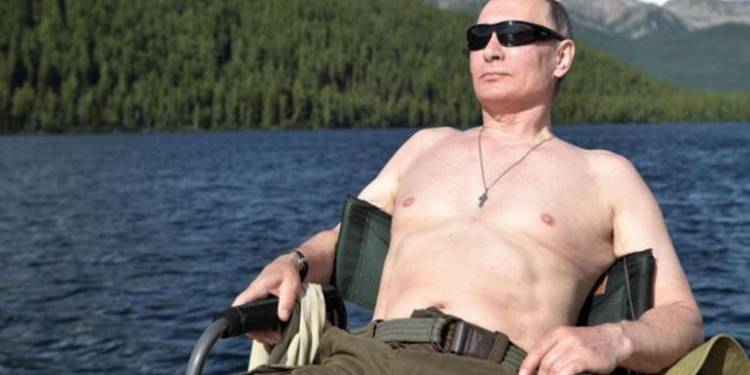Since Boris Yeltsin- the first president of Russia, after Soviet Union disintegration- appointed Vladimir Putin as President in August 1999, the leader had only consolidated his hold on the power structure of the country. In the last two decades, Putin had made all necessary changes in the Russian constitution to keep power in his hand.
In the latest step to extend his hold on power, Putin has proposed sweeping reforms in the Constitution, which, if enacted, would bring fundamental changes in the power structure of the country. Putin has called for reforms that will increase the powers of the Russian parliament, but at the same time, maintain a strong Presidential system.
“It will increase the role of parliament and parliamentary parties, powers and independence of the Prime Minister and all cabinet members,” said Putin.
In the last two decades, Putin has made several changes in the constitution that was adopted in 1993. In August 1999, Yeltsin appointed Putin as his chosen successor under the Russian constitution, which allowed only two successive four-year terms for any President, just like the American constitution.
On 7 May 2000, Putin won the Russian presidential election and repeated the victory in 2004 too. As per the Russian constitution, Putin was not allowed to contest the 2008 Presidential election, and therefore, he chose his man Friday, Dmitry Medvedev, as the candidate of 2008 Presidential election.
With Putin’s backing, Medvedev won the election and Putin ruled the country through proxy, just like Sonia Gandhi did during the UPA-II tenure. Just a few months after Medvedev came to power, the Russian constitution was amended to extend the Presidential term – effective from the next term- from four years to six years.
It was very clear that Putin has prepared for the 2012 Presidential election in four years advance, and this time he wants the six-year term, instead of four years as in the previous term. The same happened in 2012, when Putin was once again elected the President of the country, for a six-year term.
He won the Presidential election once again, in 2018, and the current term will expire in 2024. But Putin could not contest the Presidential election in 2024, as the constitution prohibits anyone from being President for more than two consecutive terms. Therefore, Putin has prepared for 2024 in four years advance like he did in 2008, and these sweeping changes are being brought into the Russian constitution to suit the role of Putin after 2024. After 2024, the former KGB officer intends to rule Russia through proxies!
Alexei Navalny, the leader of opposition in Russia, tweeted that these changes are being made to extend Vladimir Putin’s hold on power after his Presidency ends. “To remain the sole leader for life, who took over the whole country as his property… is the only goal for Putin,” said Navalny.
Probably Putin will place himself in the parliament, and control the government through his hold on the party and parliamentarians. According to Aleksandra Godfroid, a journalist in Moscow, “The proposed changes to the constitution imply the government will actually be appointed by the Russian parliament, which is not how it is now, but at the same time, the president will retain the power to fire the government if he is not satisfied with their performance.”
Putin knows very well that if he scraps the provision which restricts the Presidency only for two consecutive terms, it could lead to mass protests against him. Therefore, he has decided to rule through proxies and bringing necessary changes in the constitution for the same. “I know that a constitutional provision is being discussed in our society that the same person should not be president for more than two consecutive terms,” Putin said. “I don’t think this is a fundamental issue, but I agree with that,” he added.
By May 2024, when the Presidency of Putin expires, Russia would complete a quarter of a decade under his leadership, and he would be of the age of 71. But, Putin is not happy with even 25 years of rule, he is willing to extend his regime, probably till his death.



























